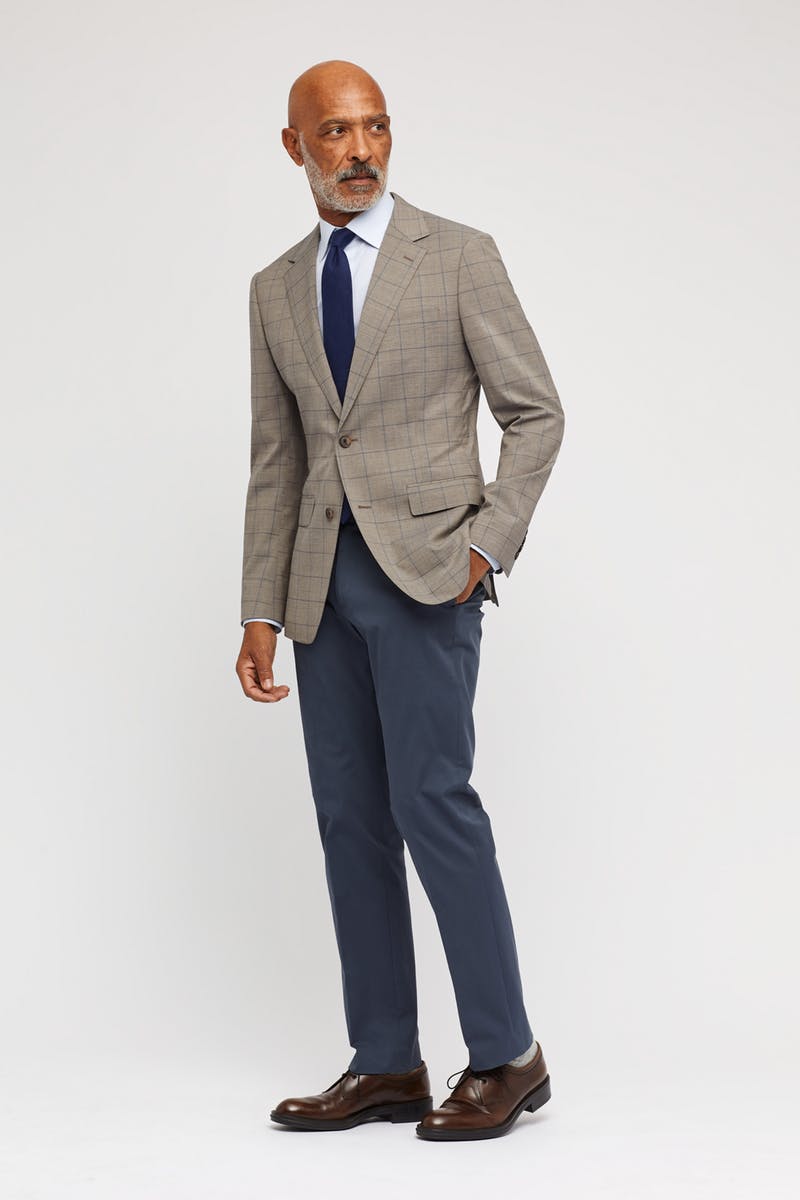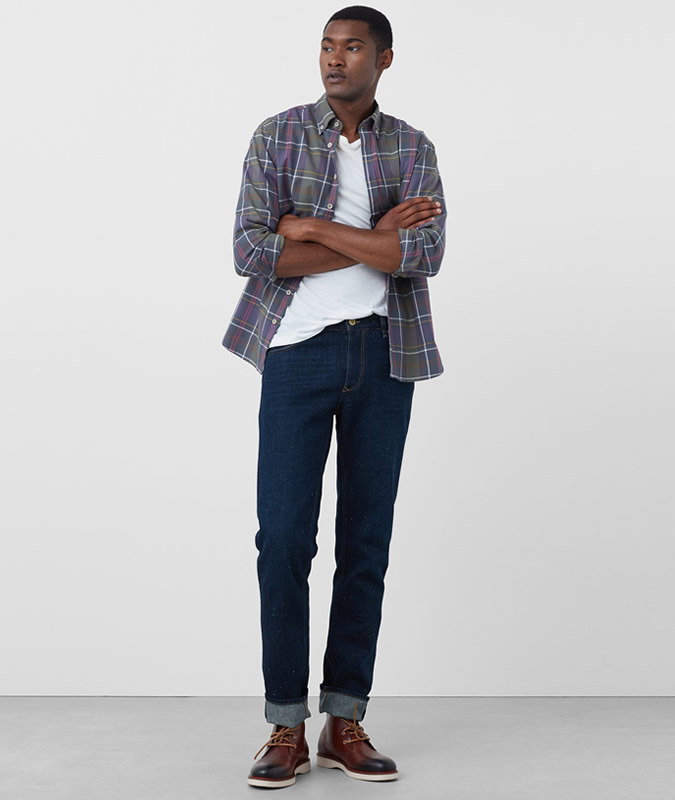Since you’ve felt the urge to chime on this @SAGES_Updates, I will too. Because I have some sincere feelings on this topic. Perhaps they are passé, but they are strongly held. (And a suit isn’t necessarily sexist; plenty of them come with skirts. https://abs.twimg.com/emoji/v2/... draggable="false" alt="😉" title="Zwinkerndes Gesicht" aria-label="Emoji: Zwinkerndes Gesicht">)
https://abs.twimg.com/emoji/v2/... draggable="false" alt="😉" title="Zwinkerndes Gesicht" aria-label="Emoji: Zwinkerndes Gesicht">)
A thread https://abs.twimg.com/emoji/v2/... draggable="false" alt="🧵" title="Thread" aria-label="Emoji: Thread">(pun intended) https://twitter.com/SAGES_Updates/status/1381395586058833922">https://twitter.com/SAGES_Upd...
https://abs.twimg.com/emoji/v2/... draggable="false" alt="🧵" title="Thread" aria-label="Emoji: Thread">(pun intended) https://twitter.com/SAGES_Updates/status/1381395586058833922">https://twitter.com/SAGES_Upd...
A thread
I never wear scrubs to the office, even-though I do some in-office procedures. I know for some people scrubs work for them, but I wear a nice outfit (usually not a suit, doesn’t fit well under the white coat) and try to look tidy for 3 reasons.
1. Hopefully my patients feel that I am respecting their choice of me as their surgeon, by my dressing for the occasion. This sartorial attention demonstrates my respect for them.
2.Hopefully it& #39;s a message that I will care for them with attention to detail as reflected by my appearance. Clinic visits are fast, first impressions matter. Not knowing who was the better technical surgeon, at a glance which of these two men would you choose to do your surgery?
3. Dressing professionally helps me feel professional, even if I’m not totally psyched to do a day of clinic. (who goes into surgery for the clinic time?) I’m careful buying clothes, I try to make sure they both look nice and are comfortable. Even more important traits for shoes.
I don& #39;t expect the converse from patients, as leggings really are easy! But it does make me smile inside when I realize someone has carefully dressed to come to see the doctor. Usually older patients, who I think do it as a sign of respect, or at least of propriety.
If invited by my peers to speak at a National Meeting (say, like at SAGES) I& #39;m going to dress up (probably a suit) because for me jeans are a statement that I don’t care, this isn’t an honor, & anybody could be up here talking. I respect the audience, the organization, & my peers
I agree that a suit doesn& #39;t have anything to do with my competency as a speaker, educator, scientist, physician or surgeon. It is a symbol, and I guess it depends on how you interpret that symbol.
No-one should expect medical students to spend $500 on a suit. That’s nuts. There are plenty of nice-looking clothes out there that cost a lot less. But I show up to their residency interviews nicely dressed as a sign of respect for the time they are taking to meet with us.
If someone came to interview in their scrubs, jeans, or wrinkled khakis, I’m going to question if they’re taking us seriously.
Clothes send a message, even in today’s casual society. https://abs.twimg.com/emoji/v2/... draggable="false" alt="👔" title="Krawatte" aria-label="Emoji: Krawatte">
https://abs.twimg.com/emoji/v2/... draggable="false" alt="👔" title="Krawatte" aria-label="Emoji: Krawatte"> https://abs.twimg.com/emoji/v2/... draggable="false" alt="👗" title="Kleid" aria-label="Emoji: Kleid"> Dress for special occasions. It implies you care.
https://abs.twimg.com/emoji/v2/... draggable="false" alt="👗" title="Kleid" aria-label="Emoji: Kleid"> Dress for special occasions. It implies you care.
Thank you for attending my TED Talk.
Clothes send a message, even in today’s casual society.
Thank you for attending my TED Talk.

 Read on Twitter
Read on Twitter



